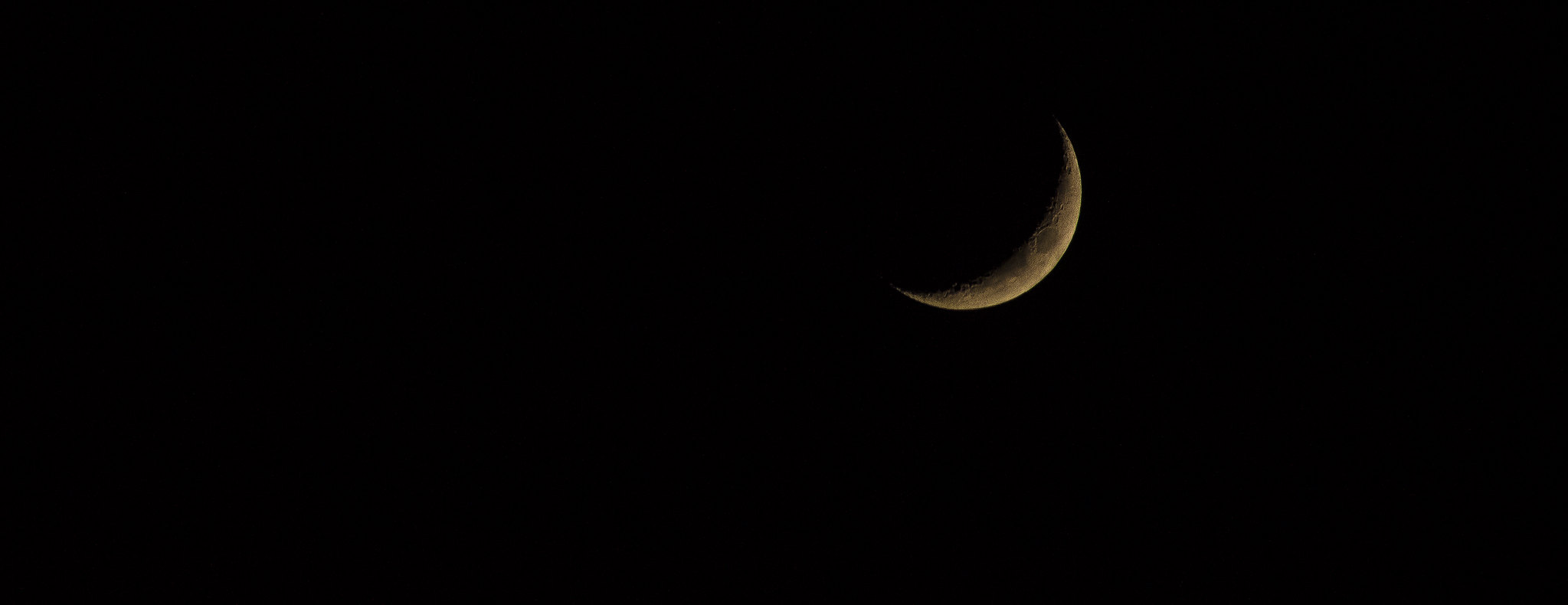There’s a popular narrative that, as the centuries roll on, many ancient human evils, if not wholly eradicated, are at least in decline. Human sacrifice, slavery, ritual and genital mutilation, witchcraft accusations, torture — these things, the story goes, have become so stigmatized that they may never resurge once more. Humans have become more humane and progressive as a species.
Not quite.
Some old evils simply morph into a new form — what is the difference, after all, between a victim of human trafficking and a slave? More worrying than this rebranding, however, is that some evils that truly did die out in the past are now making a comeback because technological progress has made them easier to carry out. In those cases, it’s no longer possible to suggest that these things are some legacy of a less civilized human heart.
The clearest example of this is a world trend that has gone largely unnoticed but that has enormous ramifications for the future. The list of countries where girls are culled from the population — either actively (through sex-selective abortion) or passively (through inadequate nutrition and healthcare) — is growing and has been for well over a decade. The phenomenon, previously concentrated in Asia, is now increasingly common in countries in southeastern Europe, the Middle East, and Africa. Unless aggressively addressed, cultural diffusion will spread the practice even further, with disastrous consequences not only for women, but also for the stability of the nations in which these practices become normative.
In the absence of sex selection and sex-discriminatory mortality, age 0-4 child sex ratios should range between 103 and 106 boys per 100 girls. But as the table below shows, sex ratios among the juvenile population are abnormally high in a number of states throughout the globe.
List of Countries With Abnormally High Juvenile Sex Ratios in 1995 and 2015
| Country, 1995 | 0-4 Sex Ratio | Country, 2015 (or latest available) | 0-4 Sex Ratio |
| China | 112.6 | Albania | 110.2 |
| Hong Kong, China | 108.8 | Armenia | 114.0 |
| India | 109.4 | Azerbaijan | 115.0 |
| Taiwan | 109 | China | 119.1 |
| Vanuatu | 107.7 | Hong Kong, China | 108.2 |
| Macau, China | 107.7 | ||
| Egypt | 108.2 | ||
| Fiji | 107.4 | ||
| Georgia | 111.5 | ||
| India | 108.2 | ||
| Kosovo | 108.0 | ||
| Kuwait | 108.1 | ||
| Lebanon | 109.6 | ||
| Montenegro | 109.5 | ||
| Philippines | 107.1 | ||
| South Sudan | 112.2 | ||
| Sudan | 112.4 | ||
| Taiwan | 109.5 | ||
| Macedonia | 108.1 | ||
| Vanuatu | 107.8 | ||
| Vietnam | 113.8 |
Read more about this disturbing trend here.
(Photo Credit Peter Parks/AFP/Getty Images)




